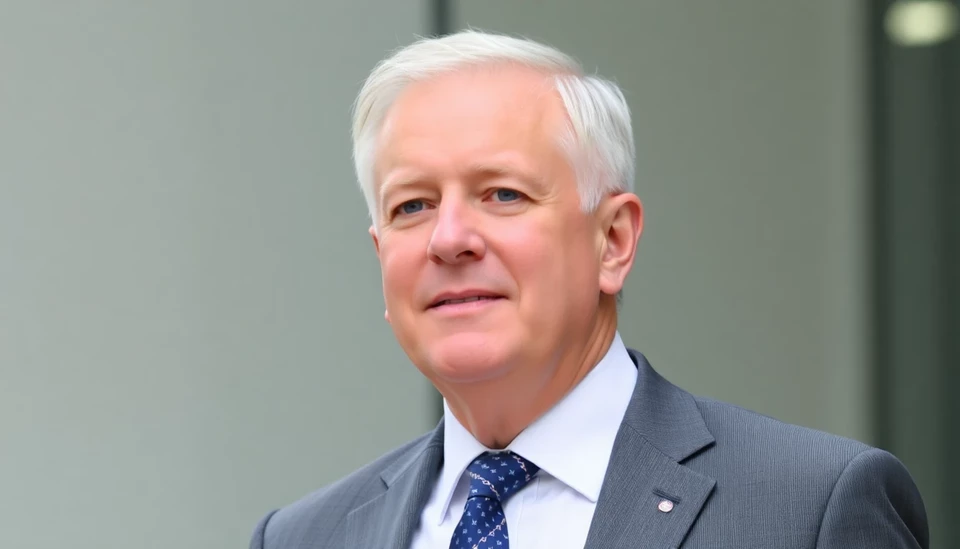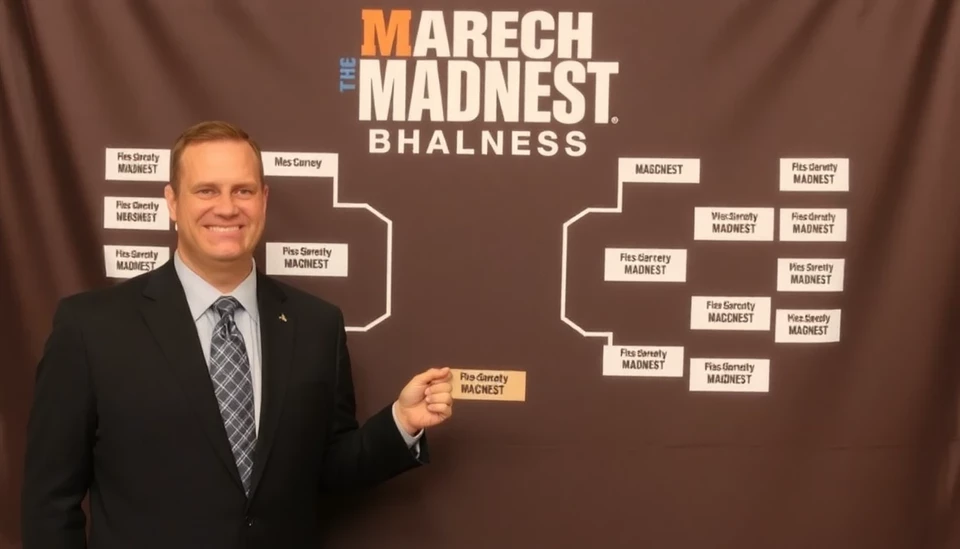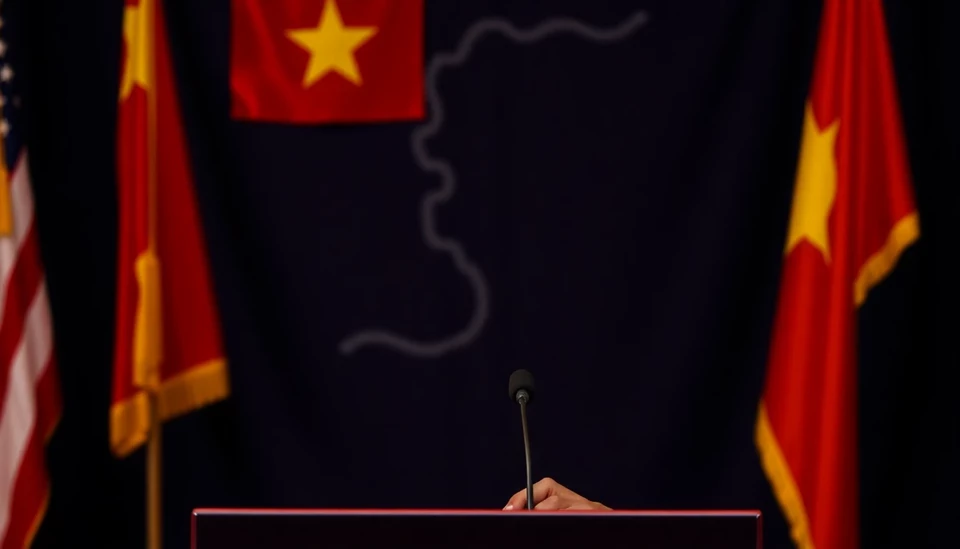
In a notable legal confrontation, James Staley, the former CEO of Barclays, finds himself embroiled in a lawsuit regarding his connections to Jeffrey Epstein, the late financier and convicted sex offender. During a court session, Staley's attorney asserted that the ex-CEO did not intentionally mislead anyone about his relationship with Epstein, framing the defense as a clear rejection of wrongdoing.
The litigation is being pursued by the U.S. Virgin Islands, which claims that Staley had a more intricate and knowing association with Epstein than he has publicly acknowledged. Central to the case are allegations that Staley may have benefited from Epstein's illicit activities, a contention which has brought significant scrutiny to his past associations and decision-making processes while at Barclays.
Staley's lawyer argued that any statements made by him concerning his ties with Epstein were not derived from malice or deceit, stating firmly that Staley acted in good faith throughout his tenure at Barclays and in his private dealings. The lawyer’s comments aim to clarify the nature of Staley's previous disclosures and to establish that there was no attempt to conceal relevant information about his prior connections.
The claims made by the U.S. Virgin Islands hinge on allegations that Epstein used his connections to various high-profile figures as a means of building networks that would facilitate his illegal activities. Staley's involvement with Epstein dates back to the time when he served at the investment firm JP Morgan, prior to his role at Barclays.
Staley has consistently maintained that he was unaware of Epstein’s criminal undertakings and insists that he never played a role in enabling or facilitating any of the criminal behavior that Epstein was later convicted of. This assertion, however, is met with skepticism by some as the lawsuit seeks to uncover the depths of Staley's financial ties and communications with Epstein over the years.
The implications of this case extend beyond Staley's personal reputation and career; they hold significant ramifications for Barclays and corporate governance standards, especially regarding the thorough vetting of individuals in leadership positions. As this legal matter unfolds, it may set a precedent for how corporations are expected to handle associations with individuals who have been implicated in serious criminal activity.
The trial's outcome could ultimately influence public perception of corporate accountability, particularly how CEOs and executives may navigate relationships that could carry significant risks of reputational harm or legal liability.
As the legal battle continues, more details are likely to emerge that could shed light on Staley's connections to Epstein and the broader implications for institutional oversight in banking and finance.
As this dramatic legal saga progresses, all eyes will be on the court’s rulings and their potential to redefine the boundaries of executive responsibility in corporate governance.
#JamesStaley #Barclays #JeffreyEpstein #CorporateGovernance #LegalNews #CEO #Finance #Lawsuit
Author: Samuel Brooks




